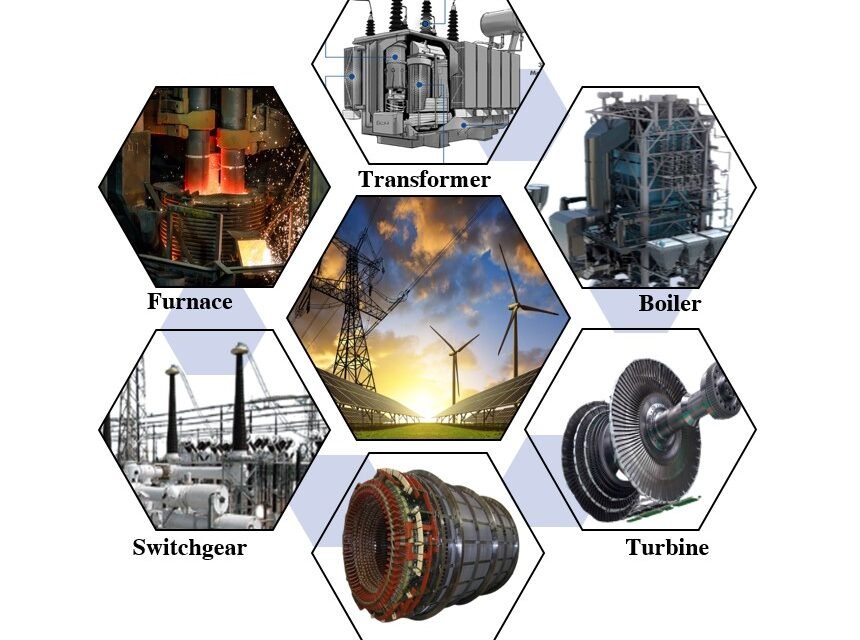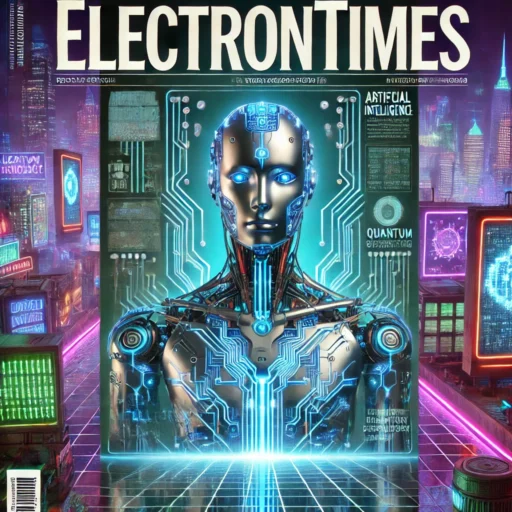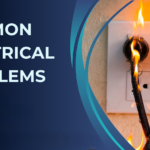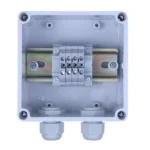Electrical equipment plays a crucial role across various industries, enabling power generation, distribution, control, and utilization. These applications vary significantly depending on the industry’s needs, from large-scale infrastructure projects to precision operations. Below are the key applications of electrical equipment in various industries:
1. Power Generation and Energy
- Transformers: Step-up and step-down voltage for efficient power transmission and distribution.
- Generators: Provide primary or backup power in plants and remote installations.
- Switchgear: Protect and isolate electrical systems during faults.
- Solar Inverters and Wind Turbine Systems: Convert renewable energy into usable electricity.
- Battery Storage Systems: Store energy for grid stabilization and renewable energy integration.
2. Manufacturing and Industrial Automation
- Motors and Drives: Power industrial machinery, such as conveyors, pumps, and robotics.
- Programmable Logic Controllers (PLCs): Automate processes in manufacturing plants.
- Sensors and Relays: Monitor and control temperature, pressure, and other parameters.
- Industrial Transformers: Provide stable power for heavy machinery.
- Power Distribution Units (PDUs): Distribute electricity to various machines efficiently.
3. Construction and Infrastructure
- Circuit Breakers and Distribution Panels: Provide safe power distribution at construction sites.
- Temporary Power Supplies: Generators and transformers for on-site electricity.
- Lighting Systems: High-intensity discharge (HID) and LED lights for site illumination.
- Elevators and Escalators: Essential electrical systems for building infrastructure.
4. Transportation
- Railways: Electrical traction systems, signaling, and control systems.
- Automotive: Electric vehicle (EV) chargers, motors, and battery systems.
- Aerospace: Power systems for aircraft, including auxiliary power units (APUs).
- Maritime: Electric propulsion systems and power management for ships.
- Traffic Management: Signal lights, control systems, and smart traffic solutions.
5. Healthcare
- Medical Equipment Power Supplies: Stable power for MRI machines, X-ray machines, and ventilators.
- Uninterruptible Power Supplies (UPS): Ensure continuous operation of critical medical equipment.
- Sterilization Equipment: Powered by industrial-grade electrical systems.
- Lighting Systems: Specialized lighting for surgical rooms and diagnostic labs.
6. Oil, Gas, and Mining
- Explosion-Proof Equipment: Ensure safe operations in hazardous environments.
- Drilling Rigs: Powered by high-capacity electrical systems.
- Pumps and Compressors: Use motors and drives for fluid and gas transport.
- Monitoring Systems: Sensors and relays for pressure and temperature control.
- Power Distribution: Transformers and switchgear for remote and high-power applications.
7. Data Centers and IT
- Uninterruptible Power Supplies (UPS): Prevent downtime during outages.
- Cooling Systems: Powered by electrical systems to maintain optimal temperatures.
- Transformers and Switchgear: Provide stable and scalable power distribution.
- Backup Generators: Ensure uninterrupted operations during power failures.
8. Renewable Energy
- Solar Panels and Inverters: Convert sunlight into electricity and manage grid connectivity.
- Wind Turbines: Use electrical systems for power generation and grid integration.
- Energy Storage Systems: Batteries and power management equipment for storing renewable energy.
- Smart Grid Equipment: Includes sensors and control systems for efficient energy distribution.
9. Agriculture
- Irrigation Pumps: Electrically powered systems for water distribution.
- Machinery and Automation: Harvesters, sorters, and conveyors powered by electrical motors.
- Climate Control Systems: Maintain optimal conditions in greenhouses.
- Solar-Powered Systems: For off-grid farming operations.
10. Commercial and Retail
- HVAC Systems: Heating, ventilation, and air conditioning for comfort.
- Lighting: LED and smart lighting for energy efficiency.
- Security Systems: Cameras, alarms, and access controls powered by electrical systems.
- Elevators and Escalators: Electrical systems for commercial infrastructure.
11. Telecommunications
- Base Stations: Powered by electrical systems, including backup generators.
- Battery Systems: Provide backup power for uninterrupted communication.
- Signal Boosters: Ensure consistent and reliable connectivity.
- Cooling Solutions: Maintain optimal conditions for telecommunication equipment.
Electrical equipment is indispensable across industries, facilitating efficient operations, automation, safety, and energy management. Its applications range from powering heavy machinery in industrial plants to enabling smart grids and renewable energy systems, underscoring its foundational role in modern society.














